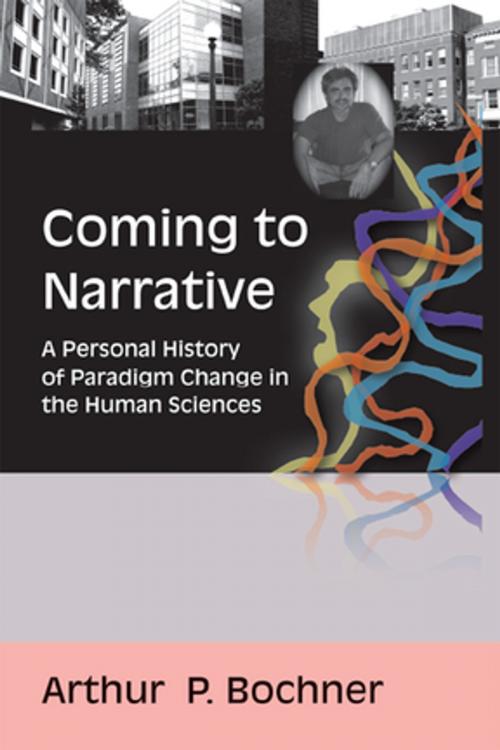Coming to Narrative
A Personal History of Paradigm Change in the Human Sciences
Nonfiction, Reference & Language, Language Arts, Communication, Social & Cultural Studies, Social Science| Author: | Arthur P Bochner | ISBN: | 9781315432076 |
| Publisher: | Taylor and Francis | Publication: | June 16, 2016 |
| Imprint: | Routledge | Language: | English |
| Author: | Arthur P Bochner |
| ISBN: | 9781315432076 |
| Publisher: | Taylor and Francis |
| Publication: | June 16, 2016 |
| Imprint: | Routledge |
| Language: | English |
Reflecting on a 50 year university career, Distinguished Professor Arthur Bochner, former President of the National Communication Association, discloses a lived history, both academic and personal, that has paralleled many of the paradigm shifts in the human sciences inspired by the turn toward narrative. He shows how the human sciences—especially in his own areas of interpersonal, family, and communication theory—have evolved from sciences directed toward prediction and control to interpretive ones focused on the search for meaning through qualitative, narrative, and ethnographic modes of inquiry. He outlines the theoretical contributions of such luminaries as Bateson, Laing, Goffman, Henry, Gergen, and Richardson in this transformation. Using diverse forms of narration, Bochner seamlessly layers theory and story, interweaving his professional and personal life with the social and historical contexts in which they developed.
Reflecting on a 50 year university career, Distinguished Professor Arthur Bochner, former President of the National Communication Association, discloses a lived history, both academic and personal, that has paralleled many of the paradigm shifts in the human sciences inspired by the turn toward narrative. He shows how the human sciences—especially in his own areas of interpersonal, family, and communication theory—have evolved from sciences directed toward prediction and control to interpretive ones focused on the search for meaning through qualitative, narrative, and ethnographic modes of inquiry. He outlines the theoretical contributions of such luminaries as Bateson, Laing, Goffman, Henry, Gergen, and Richardson in this transformation. Using diverse forms of narration, Bochner seamlessly layers theory and story, interweaving his professional and personal life with the social and historical contexts in which they developed.















